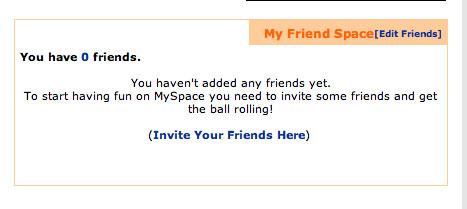Thoughtful post by Robert Scoble
Like TechCrunch I too noticed that Yahoo dropped like a rock today and wondered what that means for Silicon Valley. Why is Yahoo in peril here? Banner ads.
Ford, for instance, has literally stopped spending anything on non discretionary things. Just one company can have a huge impact.
So, what’s discretionary? Banner ads.
You know, those colorful banners that you’ll see on lots of sites, particularly old-school sites.
So, why isn’t Google seeing a huge drop like Yahoo did? Easy. Google’s income relies on text ads that only pay when people click on them.
Those “cost per click” kinds of ads are NOT discretionary.
This reminds me of the 1980s when I helped do the advertising for LZ Premiums, a now-defunct camera/appliance store in Silicon Valley. Advertising for us back then in the Mercury News was discretionary. We did it only when we had some money from a camera manufacturer that was slated for advertising. Our ad in the Yellow Pages, though, was NOT discretionary. Do that and your business would almost stop.
Google is the new Yellow Pages. If a business stops doing Google advertising it might as well just fire everyone and send them home.
That’s the difference between the advertising world today and the advertising world back in 1999.
Later… James Cridland disagrees:
I agree with ‘Google is the new Yellow Pages’, but don’t agree with the Scoble-ster that “ad banners are discretionary”. And here’s why.
Advertising in Yellow Pages (or Google search) is for people who say “I know I want a Ford Sierra, but I don’t know where to get one”.
Advertising in car magazines (or Google AdSense on car sites) is for people who say “I know I want a new car, but I don’t know which to get”.
Advertising in the newspaper (or untargeted ad banners) is for people who say “I didn’t realise I needed a new car, but now you come to mention it…”
The crucial point is that what Scoble says is ‘discretionary’ advertising – in the newspaper, or radio, posters, or even ad banners (to a point) – are all difficult to measure in terms of effectiveness. I can’t buy anything through a poster; but the effect of outdoor advertising is undeniable.
Interesting fact: one in five people surf the internet with the radio on. I therefore argue that radio advertising has a direct link on Google’s fortunes – after all, how else would people know what to search for?

